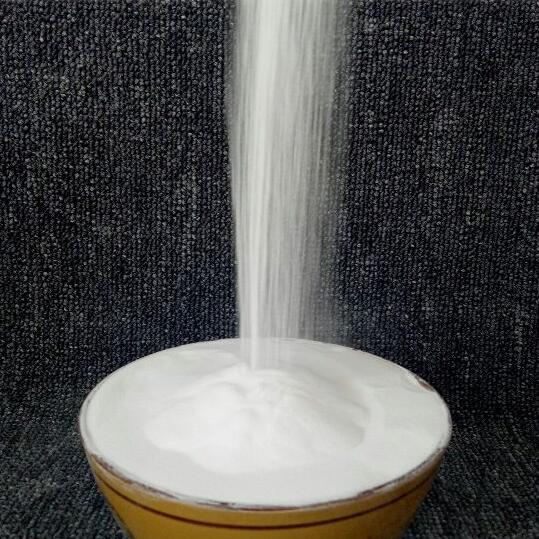Key Applications and Advantages of Magnesium Oxide in Ceramic Manufacturing

In modern ceramic manufacturing, magnesium oxide (MgO) is an important material and plays an irreplaceable role. Its unique physical and chemical properties give it significant advantages in improving the performance of ceramic products, reducing costs and promoting industry innovation.
Improve thermal stability
Magnesium oxide has an extremely high melting point and excellent heat resistance. It can remain stable in high temperature environments and is not prone to deformation or degradation. This property makes it ideal for manufacturing ceramics for high temperature applications such as refractories and thermocouples. By adding magnesium oxide, the thermal stability of ceramic products is significantly improved, extending their service life.
Improve mechanical properties
The addition of magnesium oxide can significantly enhance the mechanical strength and toughness of ceramics. It improves the material's impact resistance and wear resistance by optimizing the ceramic's microstructure. This is particularly important for ceramic applications in industry and construction where high strength and durability are required.
Improved dielectric properties
In the field of electronic ceramics, magnesium oxide can significantly improve the dielectric properties of materials. It improves the insulation resistance and dielectric constant, ensuring the stability of ceramics under high frequency and high voltage conditions. Therefore, magnesium oxide becomes a key material in the manufacture of electronic components such as capacitors and insulators.
Promotes the sintering process
As a sintering aid, magnesium oxide can promote the densification and homogenization of ceramic materials. It reduces the sintering temperature and improves the sintering efficiency. This feature not only improves the overall quality of ceramics, but also effectively reduces production costs and improves production efficiency.
Improve corrosion resistance
Magnesium oxide has good corrosion resistance and can enhance the stability of ceramic materials in corrosive environments. This ensures the long-term use of ceramic components and reduces maintenance costs in applications in the chemical, metallurgical and other industries.
Magnesium oxide plays a number of key roles in ceramic manufacturing. It not only improves the performance and reliability of ceramics, but also promotes innovation and development in the industry. With the increasing market demand for high-performance ceramic materials, the application prospects of magnesium oxide in the ceramic industry will be broader.








